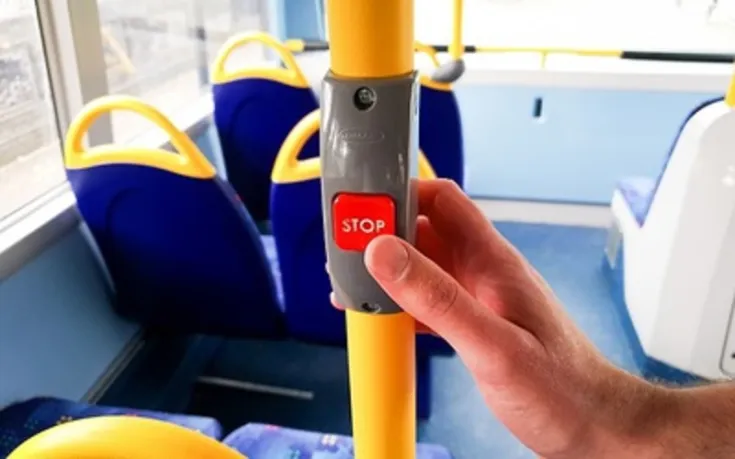Time to get out the sequins and huge props! The world's most watched non-sports TV show is on, the Eurovision Song Contest.
Tonight is the second semi-final, with 16 acts from Europe, Israel and... Australia.
But wait, Australia is nowhere near Europe. How come it's in Eurovision?
Well, for one, it's been massively popular in Australia for decades, and I'm not talking about a small group of core fans – it's a national obsession! It's at a level unlike in any other country outside of Europe.
Here are some pointers about Eurovision and Australia...
🎊 Many Australians performed at Eurovision before Australia started competing in 2015:
- Keith Potger's New Seekers (🇬🇧 1972)
- Olivia Newton-John (🇬🇧 1974)
- Gina G (🇬🇧 1996)
- Jane Comerford with Texas Lightning (🇩🇪 2005)
🎤 The most successful artist at Eurovision (winning singer 1980 and 1987, and winning composer 1992), Ireland's Johnny Logan, was born in Melbourne, Australia
🎧 Logan's 1987 winning song Hold Me Now was a massive hit in Australia; so too was Bucks Fizz 1981 winning song Making Your Mind Up
📺 Australian multicultural TV channel SBS has shown Eurovision every year since 1983, the station's highest rating show every year
📡Eurovision has traditionally been broadcast with a 12 to 14 hour delay (depending on time zone) starting at 7:30pm Sunday Australian time. For fans, only a complete media blackout could avoid any spoilers (I know!)
🎬 For decades, Terry Wogan's BBC commentary was relayed in Australia, though from 1994 to 1997 it was with commentary by Pat Kenny from Ireland's RTE; SBS started sending its own Australian commentators in 2009
🌔 Live feeds at 3am (WA), 4:30am (SA, NT) and 5am (eastern Australia) started in 2015 when Australia first competed (that's why the presenters always say 'Good Morning Australia')
👨 Throughout the 80s and 90s, Australia's main Eurovision audience was its large European migrant communities: British, Irish, Italian, Greek, Yugoslav, German, Dutch, Maltese, Turkish, etc., who'd be cheering on the contestants from their ancestral home country
💬 By the 2000s, Eurovision went mainstream with the wider Aussie audience, particularly after clips of the crazier acts (featured on the show, The Panel) sparked interest and lots of office water-cooler talk
✨ Watching Eurovision on that May Sunday night became must-see viewing – Aussies have a thing for kitsch and tack, and we won't apologise for it!
🎉 Like in Europe, Aussies also do Eurovision-themed parties on the night
😲 At my first Eurovision (2013 in Malmö, Sweden), when there was no thought of Australia ever being in it, so many Aussie fans with Aussie flags were in the audience that you would've thought Australia had sent an entry!
🪣 Going to see a Eurovision live has become a top bucket-list item for Aussies
🇦🇺 Unlike in the UK, for Aussie artists there's great pride in competing at Eurovision as it's an opportunity to showcase yourself to a worldwide audience of up to 200 million
🦘 Electric Fields represented Australia in 2024 with One Milkali (One Blood) but was promptly eliminated in the semi final. I can't say I was surprised as it was a hard task to get European audiences to relate to a song representing queer Australian First Nations people. But never in my lifetime did I ever think that there'd ever be a song at Eurovision featuring lyrics in Yankunytjatjara, one of the last surviving indigenous languages of my home state of South Australia (there are about 1000 speakers), let alone see a postcard featuring sites from my birthplace Adelaide (Yuridla/Mount Lofty and the Bicentennial Conservatory inside the Adelaide Botanical Gardens).
So there, Australia belongs at Eurovision and Aussies love it! 🤗
Happy Eurovision!




























































.%20A%20day%20of%20campaigning%20%E2%99%80%20%E2%80%A6%20or%20a%20day%20to%20buy%20flowers%20%F0%9F%92%90.jpg)
























































